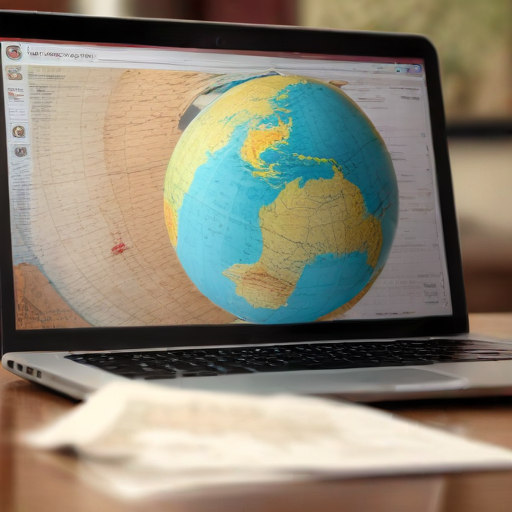Donald Trump, the president-elect, is reigniting his controversial desire for the United States to purchase Greenland from Denmark. This renewed focus comes on the heels of his previous unsuccessful proposals during his first term. In announcing his ambassador to Denmark, Trump emphasized the importance of controlling Greenland for both national security and global freedom, declaring it an “absolute necessity.”
His recent comments come amidst suggestions to regain control of the Panama Canal due to rising shipping costs, indicating a pattern of aggressive posturing towards allied nations. Trump remarked that if the terms surrounding the canal are not met, the U.S. might demand its return, highlighting a sense of entitlement over historical agreements.
Greenland, largely covered by an ice sheet and home to a significant U.S. military base, has its own head of government, Múte Bourup Egede, who firmly stated that Greenland is not for sale. Egede’s assertion underscores the island’s long-standing autonomy and resistance to external claims.
Meanwhile, Trump has been vocal about Canada potentially becoming the 51st state, humorously referring to Prime Minister Justin Trudeau as the “governor” of the “Great State of Canada.” Political experts interpret Trump’s provocations as strategic maneuvers intended to extract concessions in trade discussions rather than genuine bids for territorial acquisition.
Experts highlight that Trump’s method of making bold claims may be a tactic to negotiate more favorable terms in international relations. Although the current landscape may seem tense, this could present an opportunity for more robust dialogues and negotiations between these nations in the future.
In summary, Trump’s renewed interest in Greenland and comments on the Panama Canal and Canada may reflect a broader strategy focused on negotiation rather than actual territorial ambitions. While these declarations have sparked controversy, they may eventually lead to discussions that enhance U.S. relations with its allies.
